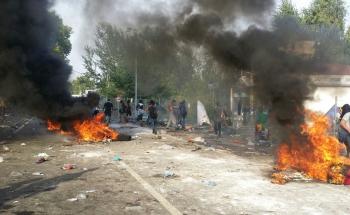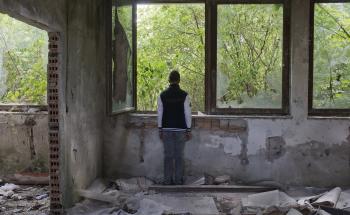
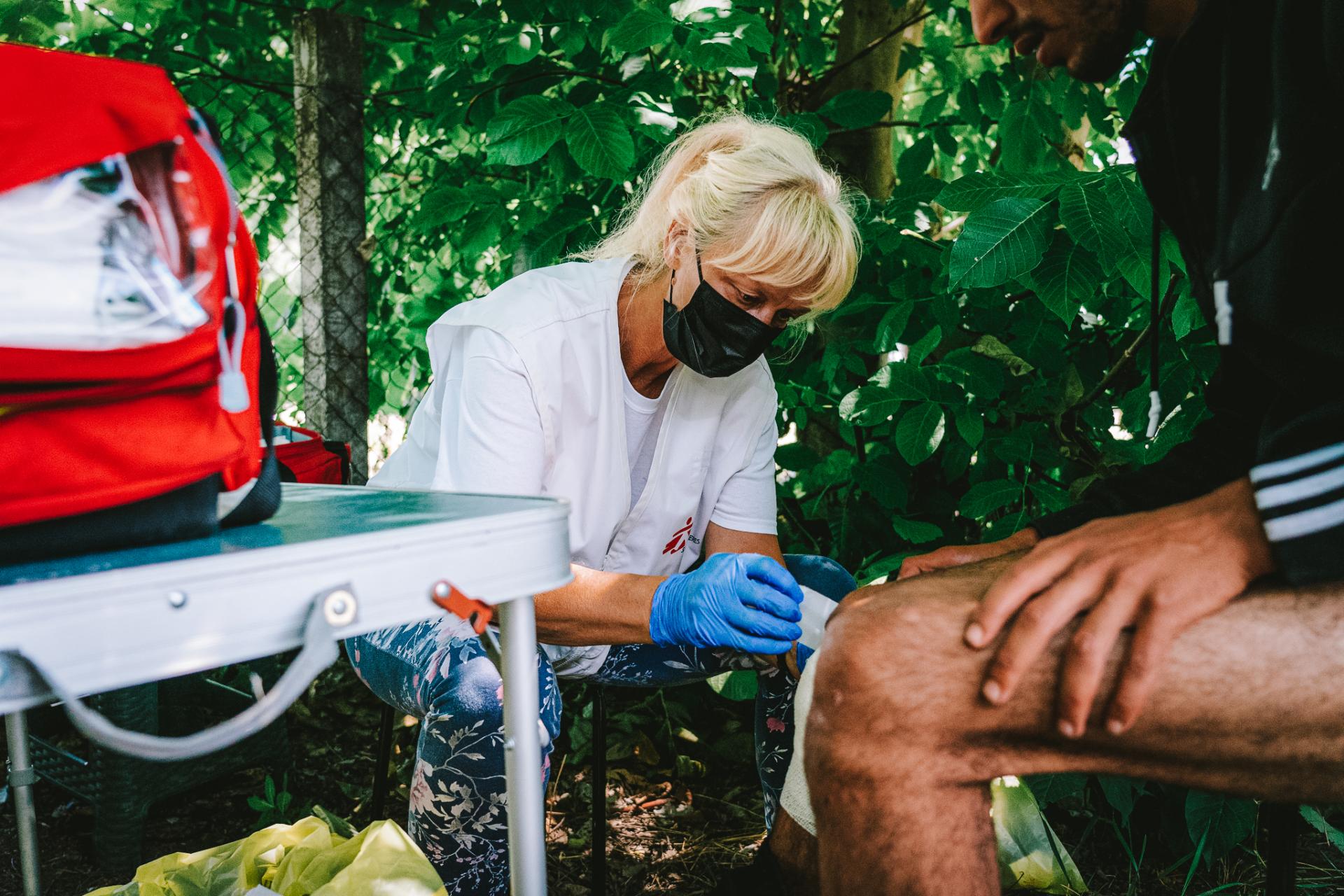
Serbia
Many of our patients in Serbia, who were attempting to cross the Balkans in search of safety in other European countries, reported that they had been subjected to violence and pushbacks by state authorities at the borders.
Others said they had experienced extreme levels of violence, including sexual assaults, in their countries of origin and/or during their journeys. Throughout the year, our teams conducted general medical consultations for people, no matter their housing situation.
Our activities in 2024 in Serbia
Data and information from the International Activity Report 2024.
17
17
€0.7 M
0.7M
1991
1991
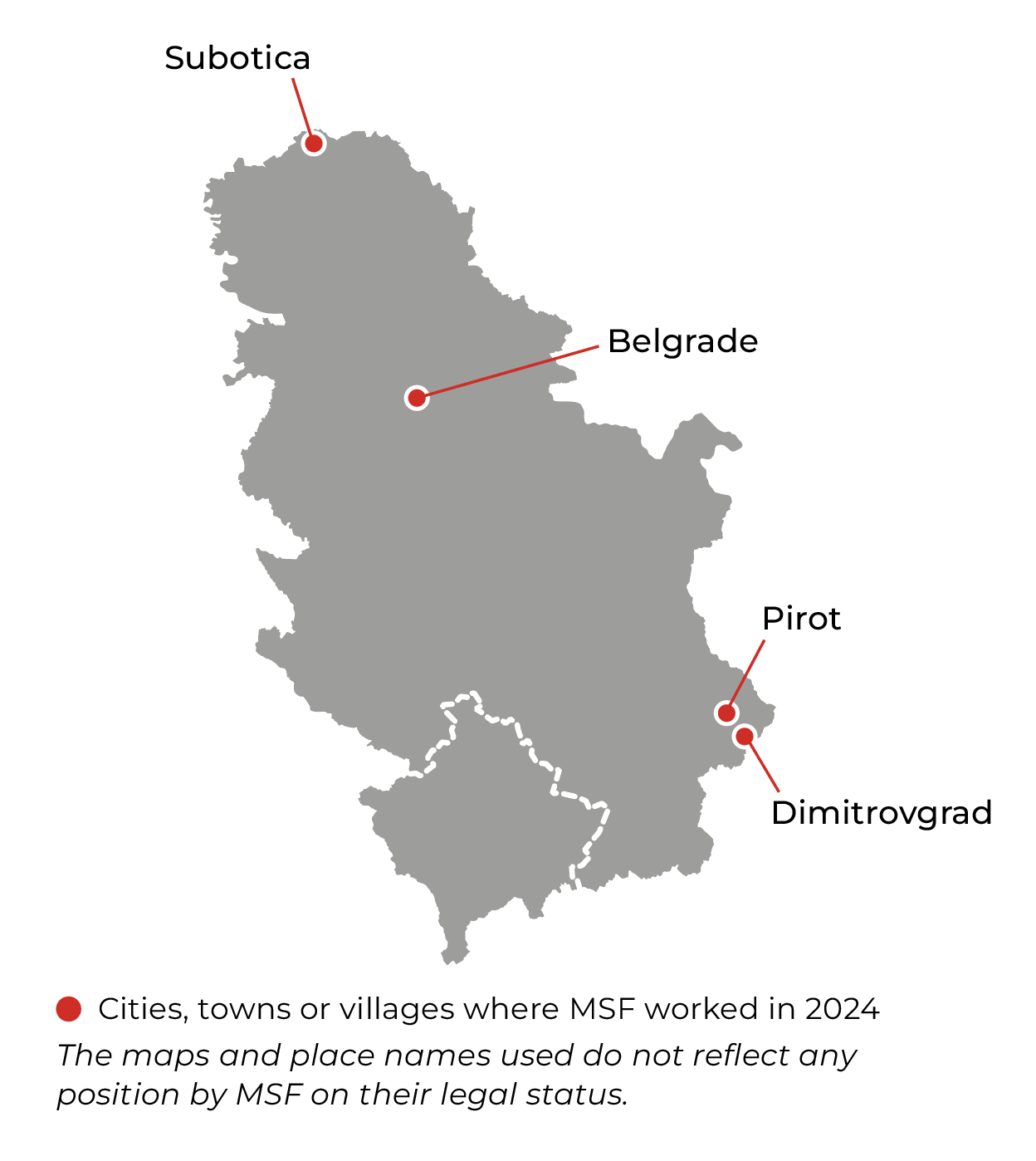
In the southern region bordering Bulgaria, we offered assistance to people on the move. We ran mobile clinics in these areas, delivering general healthcare and distributing essential relief items, such as blankets, warm clothing, footwear, and hygiene kits.
We collaborated with local civil society organisations and provided care for victims of physical and psychological violence, including various forms of inhumane and degrading treatment. MSF teams treated people whose health had been affected by freezing winter temperatures and unsanitary living conditions, and a lack of food, clean clothes, and medical care.
MSF continued to denounce the deadly consequences of European migration policies, in particular the increased securitisation and violent measures to which refugees and migrants are subjected, as they attempt to seek safety or continue their journeys to other European countries.

2,070
2,07

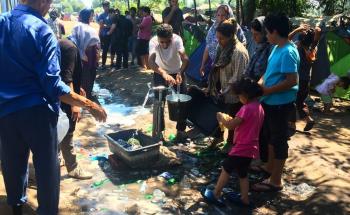
Sharp increase in violence against migrants since border closures in the Balkans
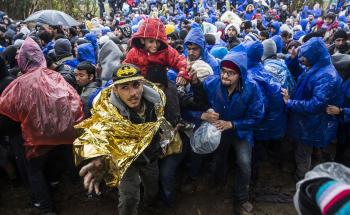
Up to 3000 people stranded at the border between Serbia and Croatia without shelter
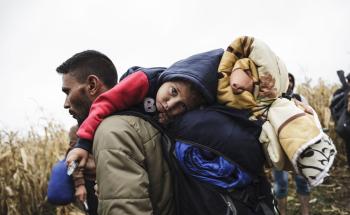
Refugee Crisis in Europe: "The determination of the refugees to reach their destination is shocking"
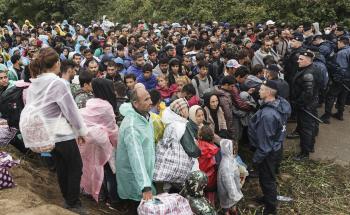
Refugee Crisis in Europe: Thousands of refugees and migrants exposed to unnecessary suffering across the Balkans
